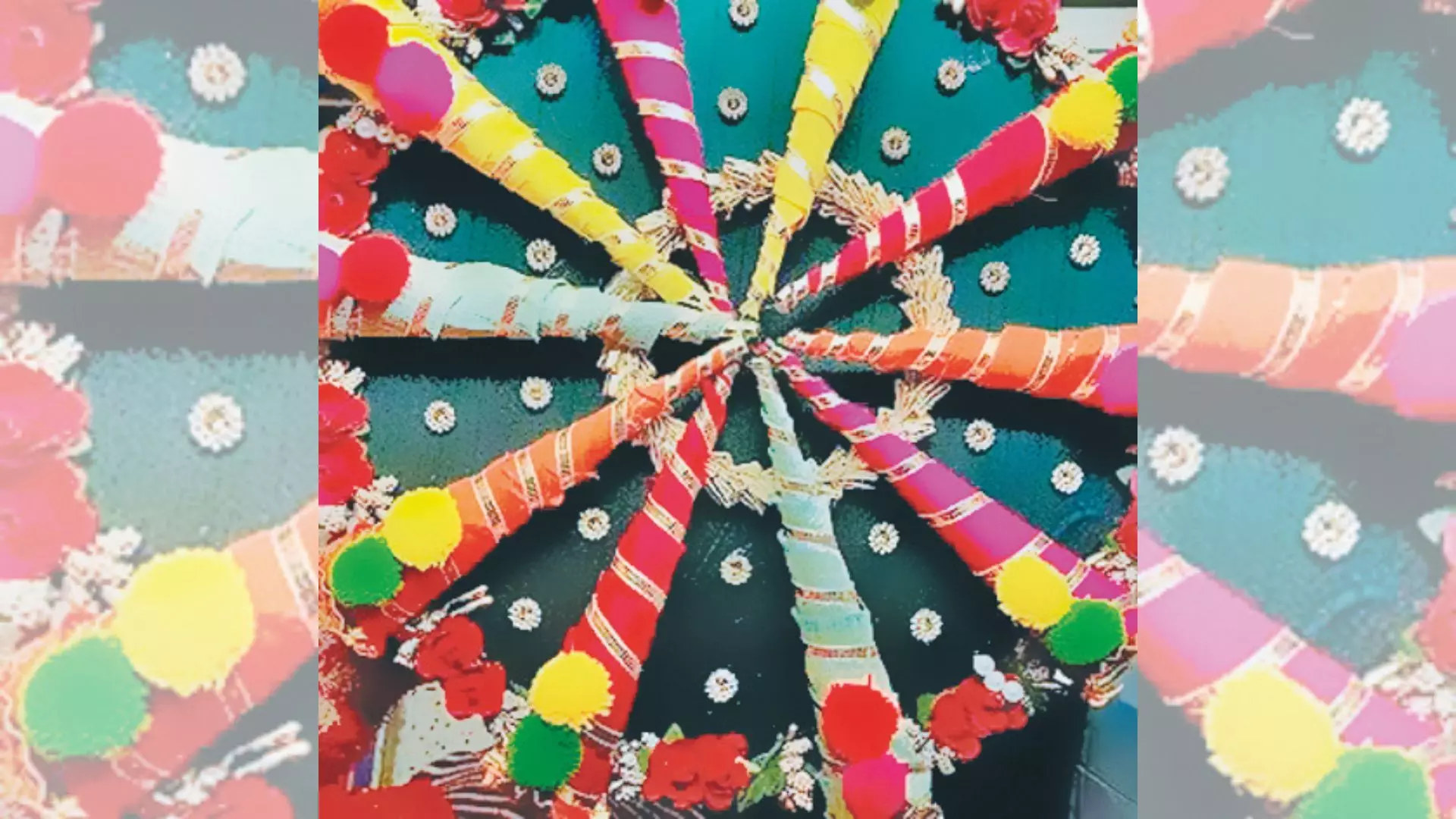Colour Me Red, But With Care

Mehndi, wrapped in dazzling green, silver, and gold paper cones, is the most important component of traditional celebrations. While there is a high desire for rapid colour and bolder tones of mehndi, experts warn that many of these ‘mehndi cones’ may literally burn off one’s celebratory spirit.
The Drugs Control Administra-tion of Telangana has been cracking down on manufacturers making mehendi cones without a license. Last month, they raided an unlicensed manufacturing facility named Mohsin Industries located at Mangalhat. Earlier, they had raided a similar manufacturing unit in Mehdipatnam.
The Chemistry of Henna
Mehndi cones made at these facilities are likely to contain a toxic chemical called picramic acid, which can cause skin rashes and irritation. Cosmetics manufactured at unlicensed facilities may not meet the quality standards prescribed by BIS, and they pose serious health implications.
Effects On Skin
Dr Sindhuja, a dermatologist from Ankura Hospitals says, “Picramic acid (2-Amino-4,6-dinitrophenol) and its sodium salt, sodium picramate, are present in various cosmetic products, including hair dyes, temporary black henna tattoos, and illegally manufactured mehndi cones. This dark red crystalline substance raises significant health concerns, with the Bureau of Indian Standards (BIS) establishing a permissible concentration of 0.6% in cosmetics.”
Despite this regulatory threshold, picramic acid is generally not recognised as safe for cosmetic use and is listed among restricted ingredients. “Even at concentrations below the permissible level, it can provoke adverse reactions on the skin. Users may experience irritation or irritant contact dermatitis, which is characterised by redness, swelling, or hives, as well as symptoms such as itching or a burning sensation. Additionally, individuals with repeated exposure could become sensitised and develop allergic contact dermatitis, leading to more severe rashes over time.”
How to be safe?
“Do not use products containing picramic acid if you have any existing rashes on your face, scalp, or hands, or if your skin is sensitive, irritated, or damaged,” advises the doctor. To ensure safety, always perform a patch test before applying new products.
Henna Paste 101: What to Avoid
Sathya Sree Sutari, beautician and founder of First Foundation Pro, says: “Stay away from any henna that promises an instant, super-dark colour. These often contain harmful chemicals like PPD (para-phenylenediamine), which can cause nasty skin reactions. Stick to natural ingredients, and your skin will thank you!”

